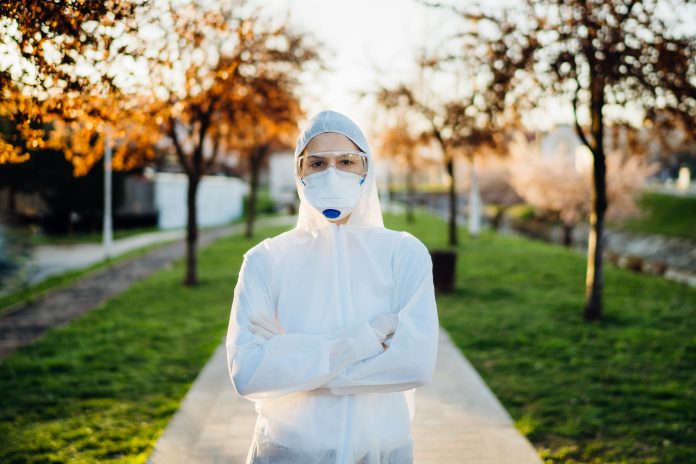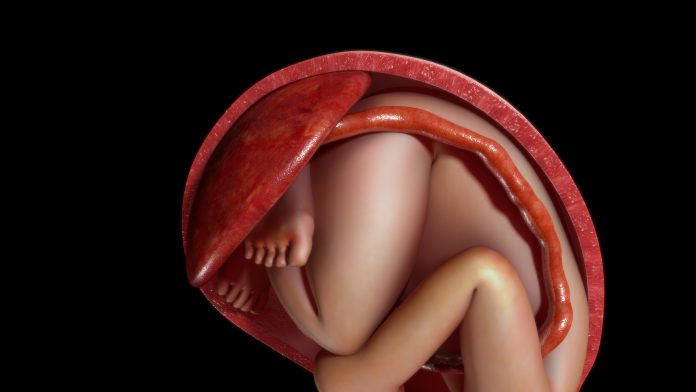Open Access Government produces compelling and informative news, publications, eBooks, and academic research articles for the public and private sector looking at health, diseases & conditions, workplace, research & innovation, digital transformation, government policy, environment, agriculture, energy, transport and more.
Home Search
infectious diseases - search results
If you're not happy with the results, please do another search
Coordinating research on pandemic preparedness and rapid response
Dr Charu Kaushic, Chair of GloPID-R, and Dr Geneviève Boily-Larouche, CIHR Institute of Infection and Immunity, provide a perspective on pandemic preparedness and response, including lessons learned for global coordination among research funders.
Dentistry during the pandemic: Is oral health still a priority?
Marco Landi, President of Council of European Dentists, considers dentistry during the COVID-19 pandemic and the extent to which oral health is still a priority.
Infodemic: The other face of epidemics (COVID-19)
Dr Sylvie Briand, Director, Global Infectious Hazards Preparedness Department at the World Health Organization, explains how COVID-19 is accompanied by fighting an infodemic.
From COVID-19 to the future of public health surveillance
Andrea Ammon, Director at the European Centre for Disease Prevention and Control, takes us on a journey from COVID-19 to the future of public health surveillance.
Autonomous robots fight infections on the front lines
Per Juul Nielsen, CEO at UVD Robots, explains how autonomous robots can be used to fight infections, such as COVID-19 on the front lines.
COVID-19 testing labs: Size isn’t everything
When it comes to COVID-19 testing labs, size isn’t everything, according to Alan Thornhill, UK Country Manager at Igenomix and Honorary Professor of Reproductive Genetics at the University of Kent, who spoke to Natalie Broome (MSc student, Kent).
Why wear a face covering during COVID-19? The evidence
Dr Deborah Lee from Dr Fox Online Pharmacy discusses why we need to wear a face covering during the current COVID-19 pandemic, stating the evidence in this illuminating analysis.
China: How to deal with dementia during the COVID-19 pandemic
Cecilia Van Cauwenberghe from Frost & Sullivan’s TechVision Group, China charts how to deal with dementia during the COVID-19 pandemic, starting with a helpful global and regional overview.
ICE detention centres withheld vaccines from child migrants
Over 12 US Immigration and Customs Enforcement (ICE) detention centres had multiple outbreaks of infectious disease - due to withholding vaccines for adult and child migrants.
The ‘herd immunity’ strategy for COVID-19 is dangerous and unfeasible
Professor Martin Michaelis and Dr Mark Wass of University of Kent’s School of Biosciences, explain why a herd immunity approach to COVID-19 would include great risk, potentially many deaths, and may simply not work.
Antimicrobial resistance: The next big pandemic?
Josep Figueras and Anna Sagan from the European Observatory on Health Systems and Policies focus here on antimicrobial resistance and ponder whether or not this could be the next big pandemic.
COVID-19 and pulmonary fibrosis
Steve Jones, President of EU-IPFF and Chair, Action for Pulmonary Fibrosis in the UK describes the connection between COVID-19 and pulmonary fibrosis.
The negative impacts of environmental pollutants on COVID-19 health outcomes
Lauren Matelski, Peter Andrew and Pamela J. Lein discuss how environmental pollutants increase individual susceptibility to COVID-19.
New rule: Face masks will be mandatory for all shops
Health Secretary Matt Hancock today (14 July) confirmed that wearing face masks will be mandatory in all shops after 24 July.
The COVID-19 outbreak in the African Region
Open Access Government was privileged to speak with Dr Mary Stephen, Public Health Expert at the World Health Organization African Region about the ongoing COVID-19 outbreak since it was first reported in China back in December 2019.
Tailor-made climate-ready and nutrient-dense rice
Precision breeding has tailor-made new rice varieties designed to combat the double burden of malnutrition and a pesticide-free environment, according to Professor Dr Apichart Vanavichit from the Rice Science Center in Thailand.
Cannabinoids in medicine part 5: Treating COVID-19
In this final article of a series of five, Oxford Cannabinoid Technologies will discuss their expertise on the use of cannabinoids in medicine when it comes to treating COVID-19.
Pyroptotic cell death: Controlled self-destruct that causes inflammation and disease
Associate Professor Petr Broz discusses pyroptotic cell death, the controlled cellular explosion that can harm your health.
Could placenta cells save patients with severe COVID-19?
Israeli therapeutics firm, Pluristem, have recently pioneered a breakthrough treatment which administers a unique placenta-based cell therapy to COVID-19 patients who have been identified as high-risk mortality cases.
Global demand for wheat set to increase by at least 50% before 2050
Aarthi Janakiraman, Research Manager, Chemicals and Advanced Materials at TechVision, Frost & Sullivan, provides further insight into crops, focussing on wheat, the demand of which is set to increase by at least 50% before 2050.





















